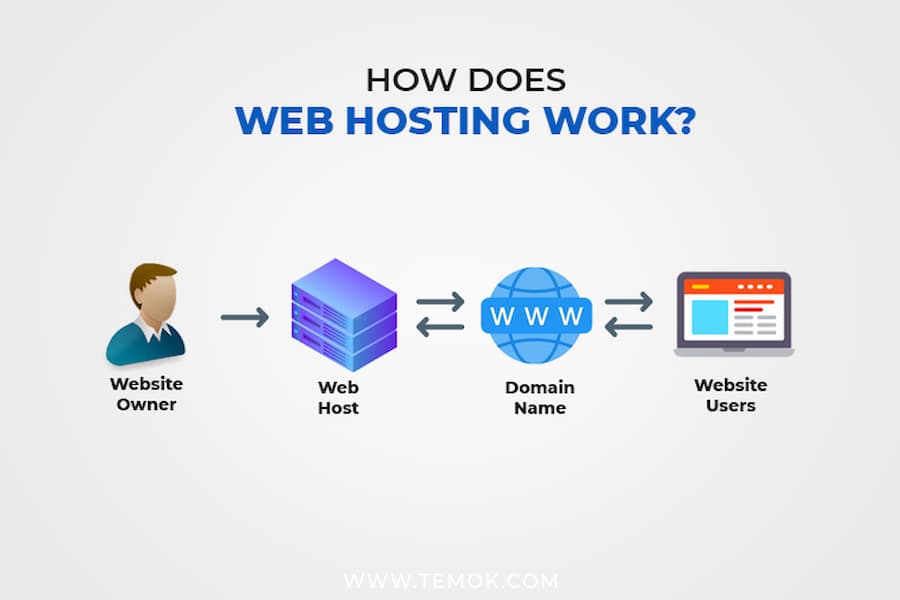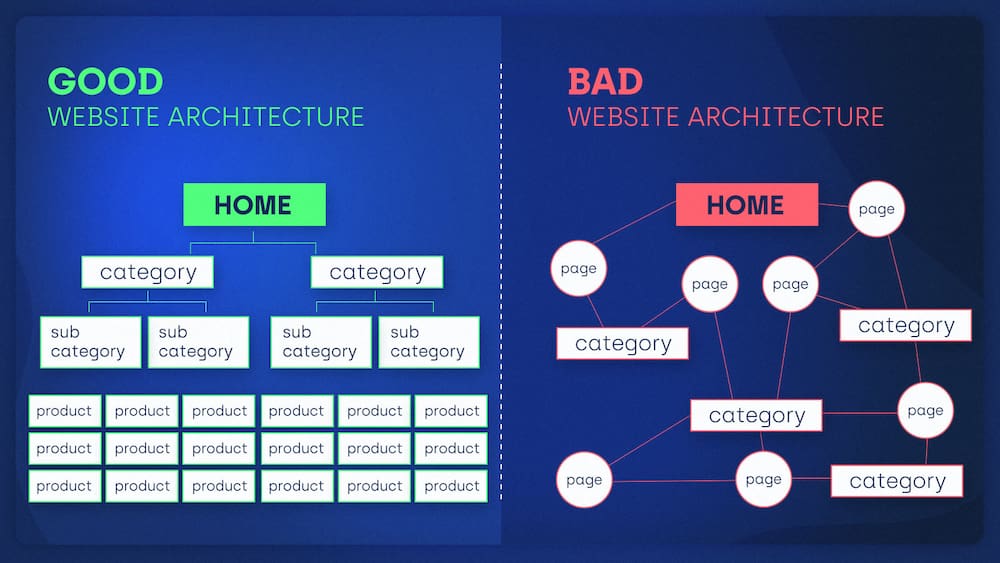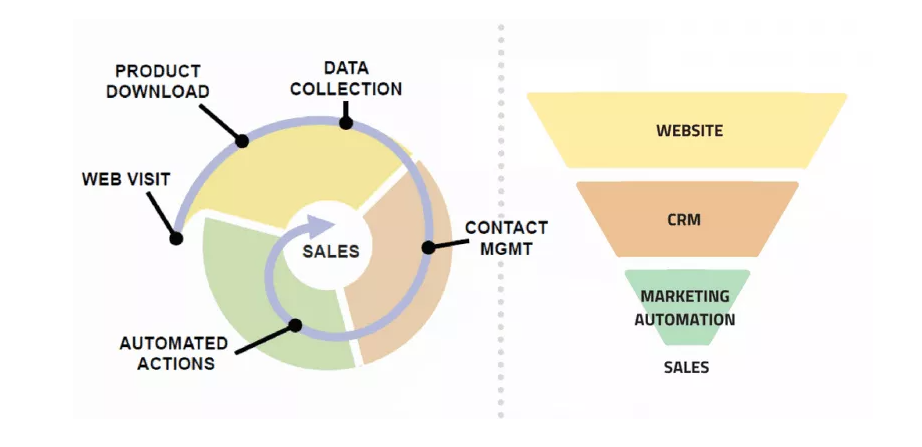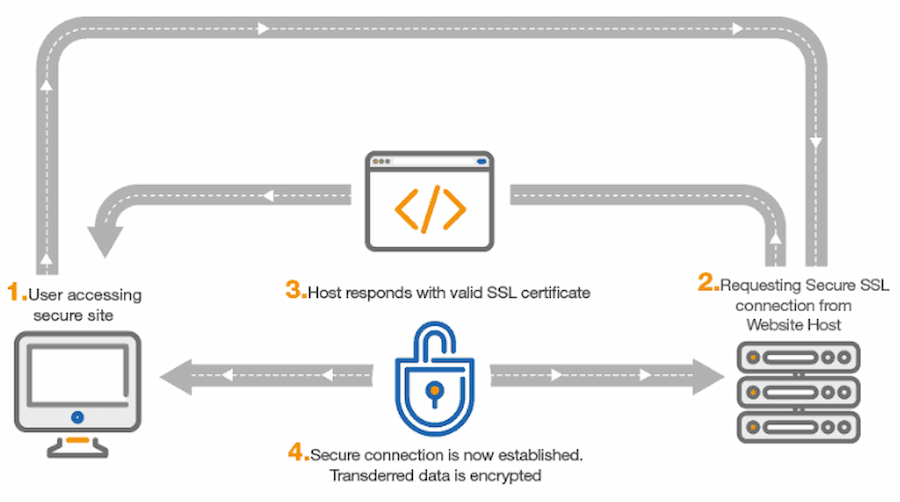All You Need to Know about Magento Ecommerce [2024]

Builders of ecommerce websites are mainly divided into two camps: developers who build from scratch and those who leverage ecommerce platforms.
Ecommerce platform loyalists boast of faster development times. Meanwhile, those who build from scratch revel in customizing their ecommerce sites.
But one platform offers the best of both worlds, bringing in customizability and site-build speed. Enter the world of Magento ecommerce.
Read this article to learn everything about the Magento ecommerce platform, including the features that make it magnificent and its limitations.
What is Magento Ecommerce?
Magento Ecommerce is a platform that empowers businesses to create, customize, and manage online stores. It has both paid and free variants, with additional features for paying users. The platform was first introduced on March 31, 2008, by Varien Inc. and developed on the Zend Framework.
Over the years, Magento has gained widespread adoption, becoming a popular choice for big companies like Nike and Samsung.
In 2018, Adobe acquired Magento for $1.68 billion. This acquisition allowed Adobe to complete its cloud service offerings while allowing Magento to expand further in the enterprise market. Magento is now Adobe Commerce because of the takeover, though this article will use the two names interchangeably to refer to the same platform.
Even though Magento still sat among the 10 best ecommerce platforms in 2022, it has declined in popularity since around 2018. The reduction of interest in Magento is more due to its technical complexity than an issue with quality. In fact, Shopify has a higher market share now due to its more user-friendly interface.
Aside from this, Shopify is quite different from Magento in many respects. Therefore, Magento store owners pursue mobile app development differently from online merchants who turn their Shopify stores into mobile apps.
But what Magento lacks in sheer market size, it makes up for through its popularity with tech-savvy online entrepreneurs who can handle Magento’s programming language, primarily PHP. The technicality is somewhat compensated for by the platform’s facilitation of bespoke online store designs and scalability.
Overall, big and small e-commerce businesses can benefit from Magento’s unique feature set.
Features in Adobe (Magento) Commerce depend on whether users pick the free or paid packages, which I will discuss next.
Magento Ecommerce: Flavors for the Taking
Magento comes in different flavors, with some versions better than others in terms of quality and variety of features. On top of Magento iteration changes, ecommerce stores can choose between a free and paid option when looking for a website development solution.
Those willing to pay and get more customizable features can go for Magento 2, the version that has replaced the now outdated Adobe Commerce. But those who want to start with the basics without paying a cent can use Magento Open Source.
Magento Open Source
Despite being offered free, Magento Open Source still provides essential functionalities to kickstart an ecommerce site. It is a budget-friendly option but requires some technical expertise to set up.
Within the free plan, Magento Open Source provides several features to facilitate the creation of an online store. These include:
- A beginner-friendly website builder
- Online store search and catalog management
- Mobile optimization
- Integrated checkout, payment, and shipping options
But it’s one thing to build an online store and quite another to bring it live for all to see. This is where Open Source hits a wall, a paywall specifically.
If you’re an ecommerce store owner, Web hosting and domain name registration are necessary to bring your built online store to life and give it real estate in cyberspace, so to speak. These services are available as paid extensions of Open Source, along with these other features:
- General website maintenance
- Backups
- Extra customizations
- Payment Card Industry (PCI) compliance

Source: Temok
Magento 2
Magento 2 is the latest major update to the Adobe (Magento) Commerce platform, replacing the now obsolete Magento 1 since June 2020. With periodic system updates, Magento 2 stands out as a faster, safer, and more scalable version of Magento.
This updated version offers Magento ecommerce websites the following capabilities:
- Greater customization and adaptability through a more flexible website architecture
- An enhanced customer experience, especially for mobile-based customers
- Faster web page loading speeds due to PHP 7 compatibility
- More secure payment transactions
- Easier site maintenance and upgrades

Source: Onely
4 Exceptional Magento Ecommerce Features
Our product strategists and app developers have built successful applications for ecommerce and other industries. From the dozens of features that the Magento platform has, our experts have assessed the following as the most outstanding:
- Multi-store management built for global scaling
- Mobile commerce compatibility
- Seamless CRM-marketing integration
- Flexibility to incorporate third-party enhancements
An example of third-party enhancement is an application programming interface (API). APIs essentially provide apps with expanded capabilities, as you will learn in our article on how APIs work.
Now, let’s delve deeper into how the accommodation of third-party enhancements and other Magento-specific attributes make the ecommerce platform a good tool for your online business.
1. Multi-store management built for global scaling
Imagine you’re running a chain of department stores. Wouldn’t it be nice to have ONE command center to oversee the operations of all branches?
This is how Magento ecommerce empowers online businesses.
Magento excels in running multiple online businesses simultaneously. It empowers users to create and oversee numerous backends, all from a unified dashboard called the Admin Panel.
This control center serves as the hub for handling various tasks related to site management, even if you have multiple stores online. By leveraging this tool, you can streamline your store operations and save time and money.
The Admin Panel could also be the seat of your global empire if you used Magento for your ecommerce business. Setting up online stores that service different countries becomes easier due to the platform’s multilingual and multicurrency features. Other ecommerce platforms rely on third parties to have the same capability.
Multiple-currency support enables Magento merchants to integrate various payment gateways seamlessly. This multiple gateway integration is possible while reducing coding workloads.
Ultimately, Magento makes conquering multiple sales channels easier.
2. Mobile commerce compatibility
Mobile commerce statistics have this to say: More than half of the world’s Internet traffic comes from smartphones or tablets.
If you own an online store, it’s only smart to entice mobile device users to buy from your platform. Attracting phone and tablet users requires e-commerce websites that are mobile-friendly.
Magento supports HTML5, a programming language conducive to creating mobile-optimized storefronts. As a result, online stores can provide a positive shopping experience for mobile users through features like:
- Device-specific media capabilities for audio and video
- User-friendly search and results display
- Clean presentation of product detail pages
Since mobile commerce is on the uptrend, many successful ecommerce website owners have developed mobile apps to complement their online stores.
For example, some online merchants use apps for Magento to make mobile applications that sync well with their ecommerce websites. Even entrepreneurs who run physical stores have pursued retail app development to attract more paying customers.
But sellers who want to attain holistic growth enlist the help of app agencies. MyDeal is one such ecommerce business. After the Australian retail giant sought our expertise to create a mobile app, the company attracted investments worth around $160 million and saw a massive increase in ROI.
Check out the MyDeal case study to learn how we helped the company through an app that could compare with the world’s best ecommerce apps.

3. Seamless CRM-marketing integration

Source: PARTsolutions
Magento’s customer relationship management tools are not just for responding to buyer needs. Online stores that use Magento can also use these tools in tandem with marketing campaigns.
The data in Magento’s CRM tools are valuable for storing and monitoring customer data, like their contact details, concerns, or preferences. But these pieces of CRM information can also be used to manage and run automated marketing campaigns.
Ultimately, close integration between CRM and marketing systems leads to the following benefits:
- Minimization of customer acquisition costs
- Improvement in marketing ROI
- Additional information for enhancing the customer experience
CRM and marketing are among the many important activities you need to monitor when running online and physical stores. Optimizing other tasks related to the retail business is covered well by our guide on retail apps that enhance store management.
4. Flexibility to incorporate third-party enhancements
Magento is like an extension cord with many outlets.
A Magento website for ecommerce can easily incorporate third-party add-ons and modules. This flexibility allows more room for expansion, financial or operations-wise.
For one thing, the platform’s compatibility with Google Analytics enhances how you monitor who comes to your online store and what pages they like viewing. Magento also seamlessly communicates and synchronizes with external solutions like payment gateways, shipping providers, ERP systems, and CRM software.
Magento Ecommerce Limitations
Indeed, a Magento store offers multiple capabilities. But like any platform, Adobe Commerce is not bulletproof. The ecommerce solution has the following chinks in its armor:
- Significant development costs
- Highly-technical nature
- Time-draining operations
- Limited hosting options
1. Significant development costs
One of the main weaknesses of Magento is its pricing. Unlike other platforms such as Shopify or BigCommerce, Magento proves to be a more costly eCommerce solution. Even if one goes for the Magento Open Source plan, a considerable budget is still necessary for tasks like hosting, custom development, support, maintenance, and integrations if coding skills are lacking.
For more comprehensive services, additional expenses are involved, such as licensing costs for Magento Commerce and Commerce Cloud.
2. Highly technical nature
Customizability goes hand-in-hand with complexity in the world of Magento ecommerce.
The platform’s huge volumes of database information may confuse even the most experienced developers. Consequently, mastering the platform demands significant time and effort. And if you opt for professional support, that will obviously entail additional costs.
Magento may not be the most suitable choice for online store owners without the technical know-how or skilled personnel. But hang on until the end of the article to discover alternatives that balance customizability and convenience.
To overcome this challenge, many merchants rely on a professional B2B Magento agency that can manage advanced development tasks and ongoing support.
3. Time-draining operations
Magento may not be the best bet in a world where time is money.
The ecommerce platform’s extensive customizability comes at the cost of simplicity. Magento’s intricate architecture takes more time to master compared to other ecommerce platforms. In addition to setting up storefronts on the platform’s architecture, store owners must also handle configurations and customizations. On top of all these, they might need to plug in third-party software for enhancements.
Time is indeed a valuable resource. It’s so valuable that we’ve worked hard to speed up our ecommerce app development services without sacrificing quality. Make your time count by hitting us up to learn more about our proprietary method of developing websites and web apps.
4. Limited hosting options
I mentioned that Magento offers hosting solutions for a price and allows third-party hosting services.
But if you like to scout for cost-efficient alternatives, the platform leaves little room for maneuvering.
The platform’s extensive database can cause problems like downtime and reduced performance if not handled by the proper hosting provider. As a result, your hosting choices would be limited to VPS, cloud, or dedicated servers.
Apart from selecting the right plan, you will also need to carefully consider the most suitable hosting providers. You must also note that your chosen provider offers ALL of the following as baseline services:
- Domain registration
- SSL security certificate provision

Source: K21Academy
Ultimately, the limited hosting choices for Magento stores could lead to significant budget requirements, hiking the total cost of running these e-commerce sites.
Magento Ecommerce: The Verdict and Viable Alternatives
Magento is a playground for a techie who means business. When you have the right skills, you can use the platform as a powerful tool to ensure a superior experience for ecommerce customers worldwide.
However, the truth is many non-techies may have difficulty leveraging Magento to the fullest.
What is the alternative to Magento for those not so well-versed in programming language? Hiring experts who can help you fully exploit its capabilities.
At Appetiser, our developers build bespoke websites in much the same way as we customize mobile and web apps. This is our version of Magento’s customization capabilities.
Our edge?
We have human experts who care about your overall success. Take a look at the table below to see the Appetiser difference:
| Magento | Appetiser |
|---|---|
| Significant development costs | More control over your website development costs through month-per-month charges instead of year-long lock-ins. |
| Highly technical nature | Give us your vision and our developers will translate that into code that will power your ecommerce website. |
| Time-draining operations | We use the Agile-derived Kanban method and the MVP way of developing apps to launch your website faster than average. |
Moreover, Appetiser is among the world’s most high-performing ecommerce app development companies. But don’t just take our word for it. Clutch has given us accolades in the tech space, while DesignRush has deemed our app designs worthy of global prestige.
Why don’t you book a free consultation with us to learn more about what we have to offer? Sometimes, one small chat is all it takes to magnify your chances of making it big in ecommerce or other app businesses.

Jesus Carmelo Arguelles, aka Mel, is a Content Marketing Specialist by profession. Though he holds a bachelor’s degree in business administration, he also took courses in fields like computer troubleshooting and data analytics. He also has a wealth of experience in content writing, marketing, education, and customer support.


